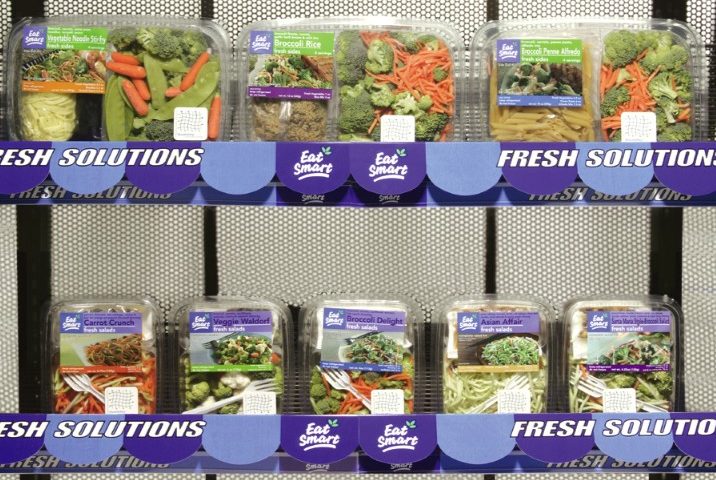Landec Corporation (LNDC) had a rough trading day for Thursday October 10 as shares tumbled 5.61%, or a loss of $-0.57 per share, to close at $9.59. After opening the day at $10.10, shares of Landec Corporation traded as high as $10.10 and as low as $9.55. Volume was 147,606 shares over 1,861 trades, against an average daily volume of n/a shares and a total float of 29.15 million.
As a result of the decline, Landec Corporation now has a market cap of $279.51 million. In the last year, shares of Landec Corporation have traded between a range of $15.57 and $9.02, and its 50-day SMA is currently $n/a and 200-day SMA is $n/a.
Landec Corp designs, develops, manufactures, and sells differentiated health and wellness products for food and biomaterials markets, and license technology applications to partners. It has two proprietary polymer technology platforms, Intelimer polymers, and hyaluronan biopolymers. The company also sells specialty packaged branded Eat Smart and GreenLine and private label fresh-cut vegetables and whole produce to retailers, club stores, and foodservice operators. Its segments are the Packaged fresh vegetables, and the Biomaterials. It derives key revenue from the Packaged fresh vegetable segment which includes the marketing and packing of specialty packaged whole and fresh-cut fruit and vegetables. The company has the business presence in the US and other countries.
Landec Corporation is based out of Santa Clara, CA and has some 736 employees. Its CEO is Albert D. Bolles.
Landec Corporation is a component of the Russell 2000. The Russell 2000 is one of the leading indices tracking small-cap companies in the United States. It’s maintained by Russell Investments, an industry leader in creating and maintaining indices, and consists of the smallest 2000 stocks from the broader Russell 3000 index.
Russell’s indices differ from traditional indices like the Dow Jones Industrial Average (DJIA) or S&P 500, whose members are selected by committee, because they base membership entirely on an objective, rules based methodology. The 3,000 largest companies by market cap make up the Russell 3000, with the 2,000 smaller companies making up the Russell 2000. It’s a simple approach that gives a broad, unbiased look at the small-cap market as a whole.

